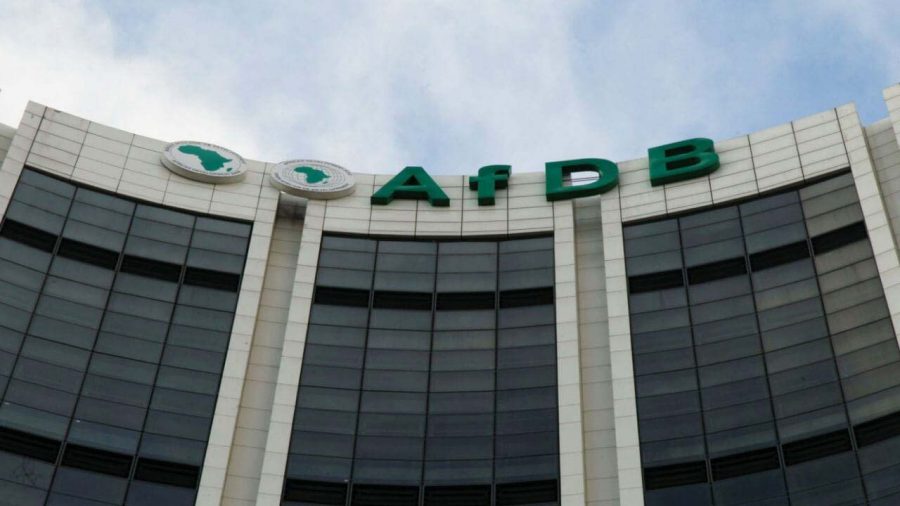The African Development BankAfDB had approved the sum of $288.5 million (£227m) for Nigeria on Friday to help the nation tackle the COVID-19 pandemic and mitigate its impact on people, businesses and strengthen the social protection system.
The finance minister warned last month that Nigeria’s economy – Africa’s largest – could shrink by up to 9%.
It’s suffered a big hit from the global slump in oil prices in recent months.
There have been proposals to reduce basic healthcare spending by almost half, and make significant cuts to the education budget.
 Source: https://currencyrate.today/converter-widget
Source: https://currencyrate.today/converter-widgetIn April, Nigeria received an emergency package worth about $3.4bn from the International Monetary Fund (IMF), to help support the economy during the pandemic.
In the statement, the bank explained that it would maintain dialogue, particularly with the Office of the Auditor-General in Nigeria, to ensure adherence to the transparency and accountability of the funds.
Why the loan matters:
Nigeria, Africa’s most populous nation and the continent’s largest oil producer, is facing twin crises – a health epidemic caused by COVID-19, and an economic crunch largely occasioned by a global oil price plunge.
The loan is the Bank’s initial response to help mitigate the slump in oil prices and its impact on the national economy. About 40.1% of Nigerians live below the poverty line of $1.90 per day and it is feared that the fall in household income during the pandemic will result in wealth deterioration for both the formal and informal sector workers.
Senior Director, AfDB, Ebrima Faal, said, “The proposed program will ensure that the fiscal position and the economy are sufficiently supported to weather the COVID-19 shocks, thereby limiting its potential adverse impact on livelihoods and the economy more generally.”
Prior to the COVID-19 outbreak, Nigeria’s economy was projected to grow by 2.9% of GDP in 2020 and further expand by 3.3% in 2021. But with the advent of the pandemic and the slump in crude prices, the economy is expected to shrink by between 4.4% under a conservative baseline scenario, and 7.2% should the pandemic persist to end-2020.
Faal added that beyond the country’s immediate economic recovery needs, the Bank and other development partners will dialogue with the government on proposals for medium-term structural reforms to diversify and boost domestic revenues away from the oil sector.
















No Comment